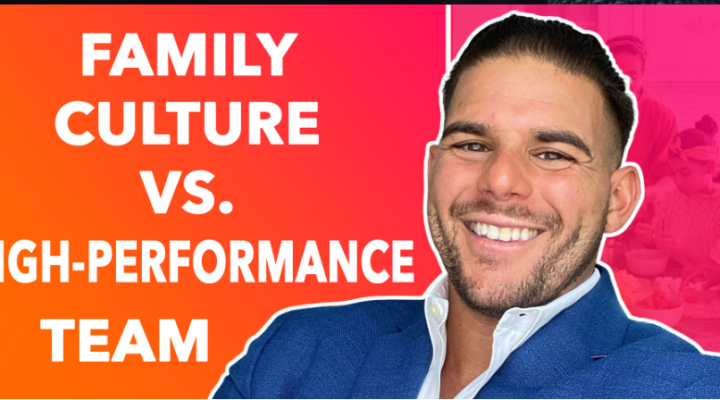Happy Employees Is Simply Good Business
Who should listen: Business owners wanting to balance a caring workplace culture with holding employees accountable to standards of high performance.
Key idea: How you make customers and employees feel is what they will remember, what will drive referrals, what will create repeat customers, and what instills loyalty in employees.
When Jay Falconio was hired by Remco Insurance Services to oversee operations and human resources, he was instructed to grow what was essentially a mom-and-pop commercial insurance business.
Jay had transitioned from a career in hospitality, and he didn’t know a thing about his new industry. But he knew about people and how to treat them well. Growing up, he saw firsthand that it was important take the time to get to know people, to be gracious, and to treat others with respect.
So, when he was charged with growing the company, Joe did what he knew best: He found local talent to whom he gave time, attention, and guidance. He got to know employees as people outside of work, and they, in turn, bought into the culture at Remco.
The company culture
Jay describes Remco’s culture as caring. Those in management care for employees who, in turn, care about each other and their clients—and it serves them all well.
About 85% of Remco’s business is commercial insurance, and their clients feel as strongly about their employees as Jay and his colleagues feel about theirs. This common ground helps Remco to instinctively understand at least some of what their clients value because they value the same thing. At Remco, the value of caring for their employees like they were family means they are capable of attracting agents with the promise of security.
It must be working: Not a single employee has voluntarily left the company.
The balancing act
We asked Jay how Remco balances the care and concern they have for their employees, whom they treat like parts of their extended families, with the need for accountability. From the conversation that followed, we can pull three essentials:
- Use technology to keep the lines of communication open.
- Allow employees autonomy, but correct the course when necessary.
- Prioritize a company’s mission and vision as the basis for feedback and actions taken.
The client experience
At Remco, agents are encouraged to extend the example of caring to their clients.
Jay lets his agents know that they aren’t selling insurance; they are essentially selling a relationship between themselves and their prospects. For that reason, his agents take the time to get to know their prospects as people with families, interests, jobs, hopes, and fears before they get to know them as clients.
The lesson is that people—whether they’re employees or clients—will remember most how you made them feel. Make them feel secure, safe, good, cared for, and respected, and you’ll be rewarded with loyalty (employees will stay) and referrals and repeat business (clients will want to share the experience).
Please enjoy this episode and leave us a 5-star review on Apple Podcasts.
Connect | Resources
- Call Jay direct: 267-346-0202
- Social media: @remcoinsuranceservices
- Blog: Get to Know Your Clients with the F.O.R.D. Method
- Blog: The Science of How to Be a Memorable Service Professional
- Book: Giftology: The Art and Science of Using Gifts to Cut Through the Noise, Increase Referrals, and Strengthen Client Retention
The views and opinions expressed herein are the views and opinions of the author and do not necessarily reflect those of Nasdaq, Inc.

